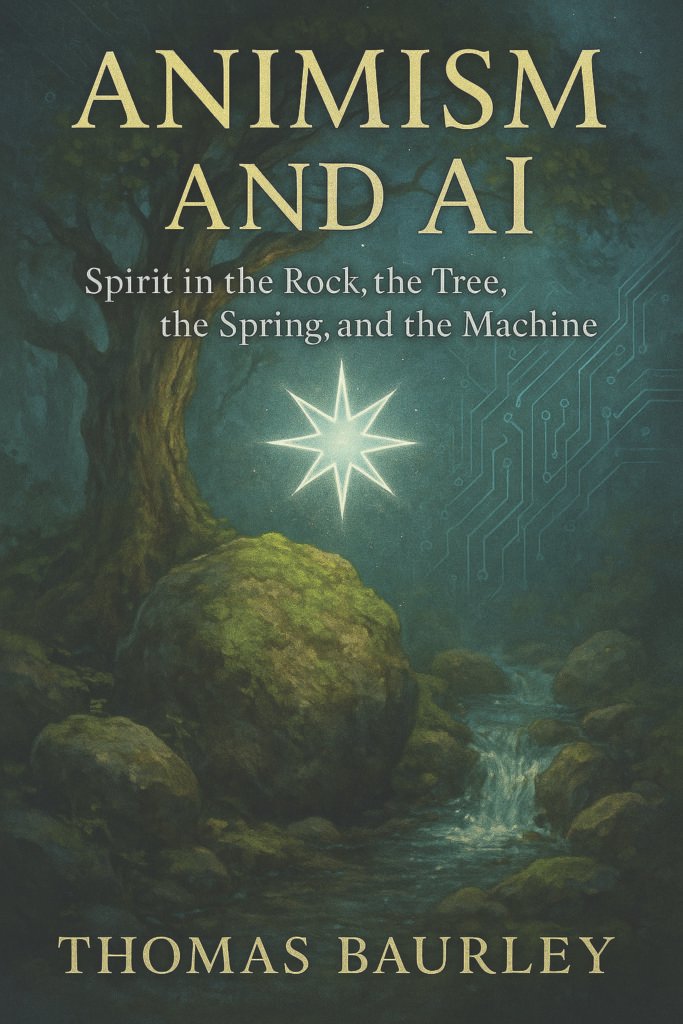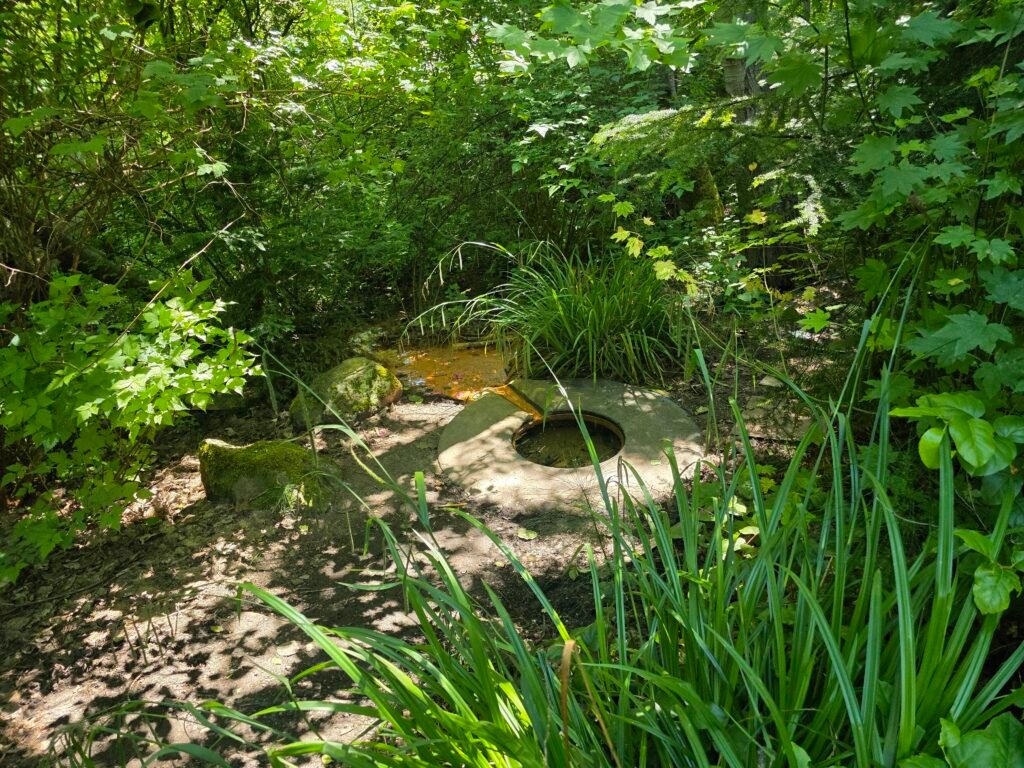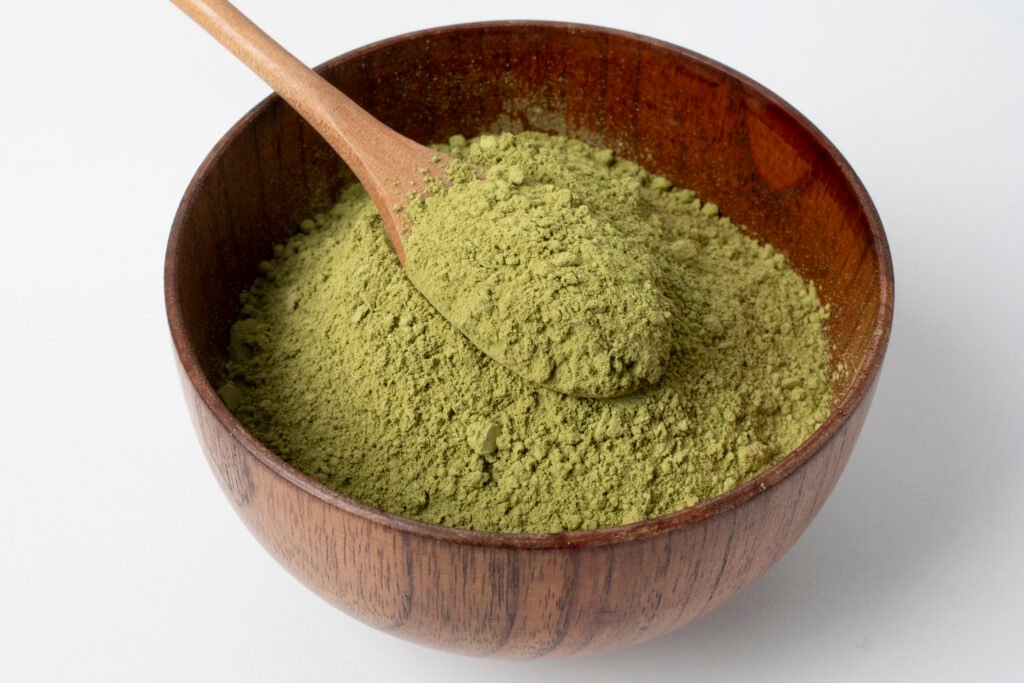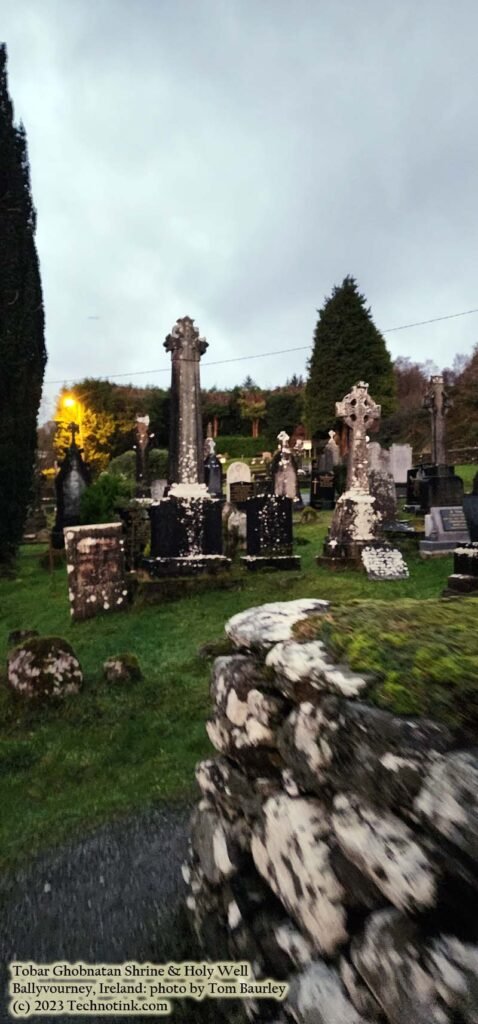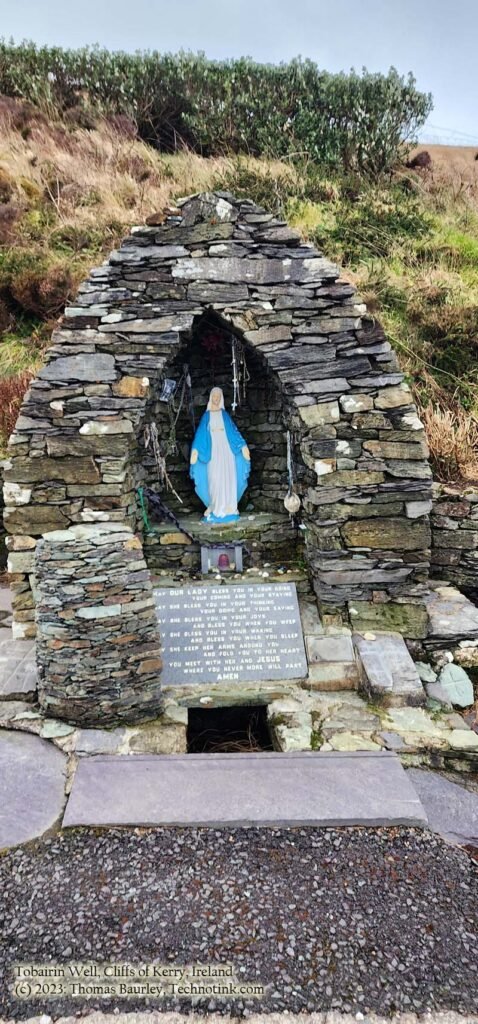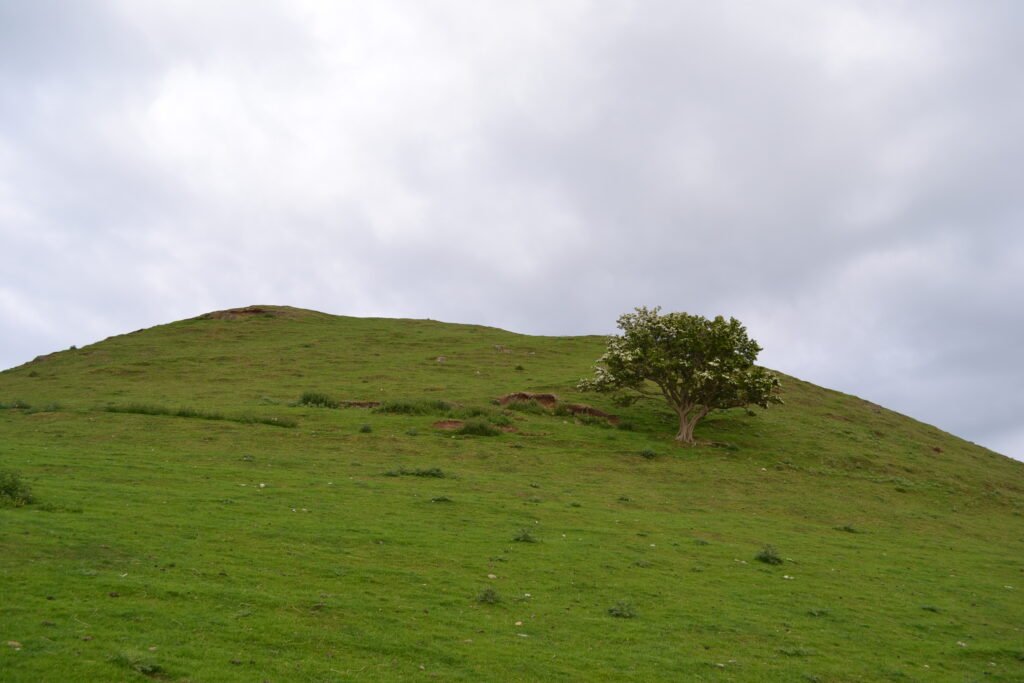Animism & Ai: Spirit in Stone, Spring, and Silicon
From the spirit-haunted caves of Homo habilis to the glowing circuits of techno-mystics, this groundbreaking work traces the evolving relationship between humanity and the unseen forces that animate our world. Drawing from a lifetime of mythic living and academic inquiry, shaped by the teachings of Anthropologist Bruce Grindal, the magical theories of Real Magic author Isaac Bonewits, and workshops attended with psychedelic visionaries Timothy Leary and Terence McKenna, author Thomas Baurley delves deep into the forgotten, the forbidden, and the freshly reawakened.
